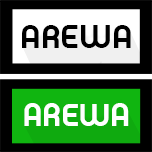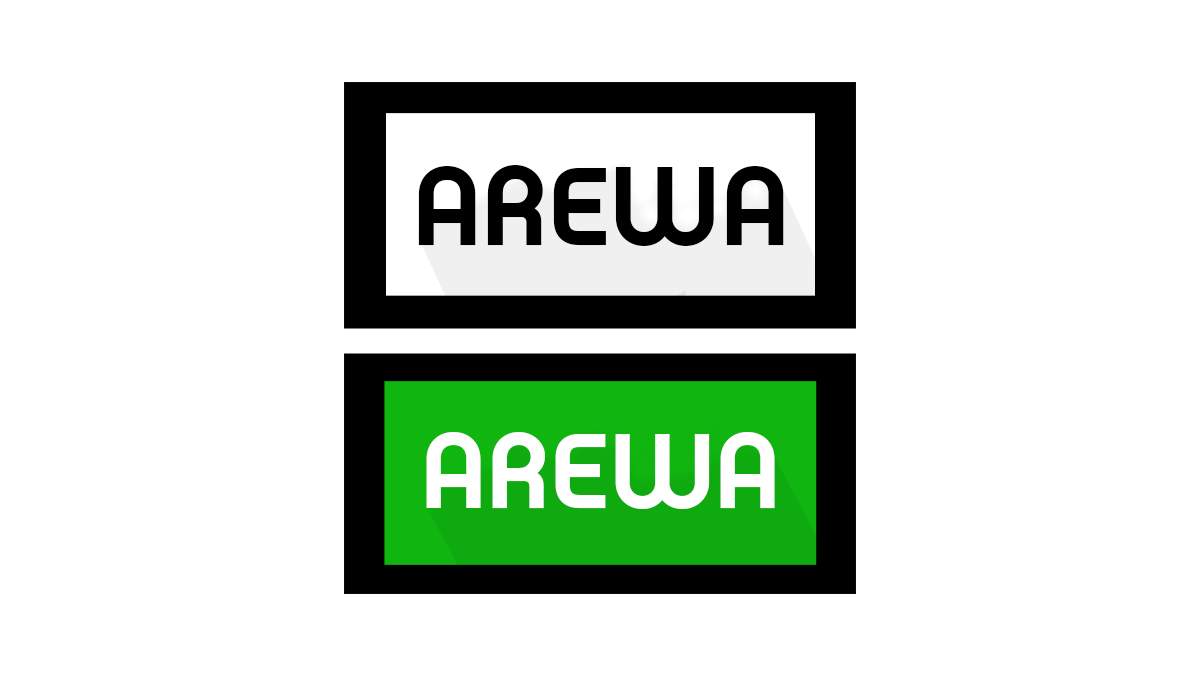
The organization accused the Nigerian government of failing to bring those responsible to justice.
ICC chief prosecutor, Fatma Bensouda, in her latest annual report claimed that Nigeria appeared not to have taken “concrete steps” towards investigating the allegations.
She claimed there appeared to be a “tangible prospect” of proceedings against Boko Haram members but not against troops “since the Nigerian authorities tend to deny any allegation”.
But Amnesty International suggested Abuja was keeping her “in limbo” by giving the impression of domestic action but in reality doing very little.
“Eight years since the opening of the preliminary examination and faced with the continuing commission of crimes under international law and the possibility of a never-ending preliminary analysis, it is time for the OTP (Office of the Prosecutor) to open a formal investigation in Nigeria,” it said.
Amnesty said Nigeria had failed to meet its obligations under international law to investigate and prosecute crimes as part of the ICC’s preliminary examination.
“It is in the interests of both the OTP and Nigeria to demonstrate that serious steps are being taken to cure Nigeria’s inability or unwillingness to bring perpetrators to justice. Above all, it is in the interest of victims,” it said.


